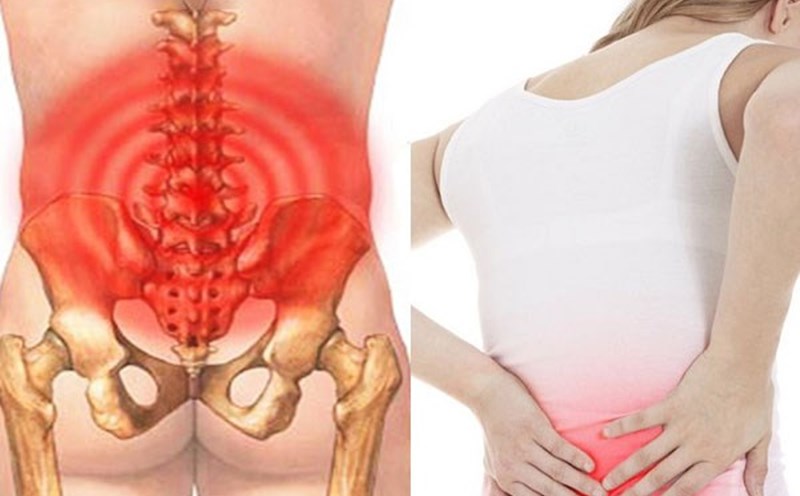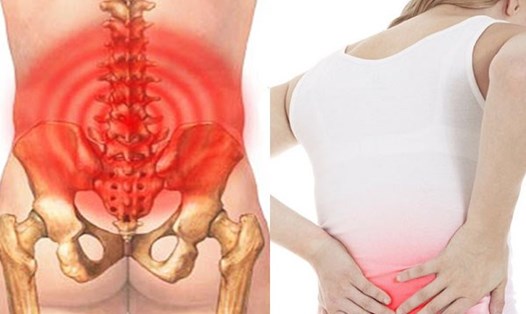What is ulcerative colitis?
According to Healthshots, ulcerative colitis is a chronic inflammatory bowel disease that primarily affects the colon and rectum. The disease causes ulcers, inflammation, and irritation in the lining of the large intestine, leading to symptoms such as abdominal pain, diarrhea, rectal bleeding, fatigue, and weight loss.
Symptoms of ulcerative colitis
People with ulcerative colitis may experience symptoms such as:
Abdominal pain (usually on the left side)
Persistent diarrhea (sometimes with blood or pus)
Constant need to defecate
Nausea
Anorexia
Tired
Fever
Losing weight
During menstruation in women, symptoms of ulcerative colitis often occur. Common manifestations are irritability, tension, restlessness, headaches, anxiety, nausea, vomiting, swollen legs, lower back pain, constipation, frequent urination, abdominal pain and even exhaustion.
The link between ulcerative colitis and menstruation
“The signs of ulcerative colitis can be influenced by hormonal changes associated with the menstrual cycle,” says Sharad Malhotra, MD, a gastroenterologist in India. “Changes in estrogen and progesterone levels can affect the immune system and gastrointestinal function. This can exacerbate inflammation in people with ulcerative colitis, leading to increased symptoms such as abdominal pain, diarrhea, and rectal bleeding during certain phases of the menstrual cycle.”
Research published in the journal Inflammatory Bowel Diseases found that, of the 1,200 women who participated in the study, 50% of participants showed increased symptoms of ulcerative colitis during their menstrual period.
The chronic inflammation and malnutrition associated with ulcerative colitis can also disrupt the normal functioning of the reproductive system, leading to hormonal imbalances and menstrual irregularities.











